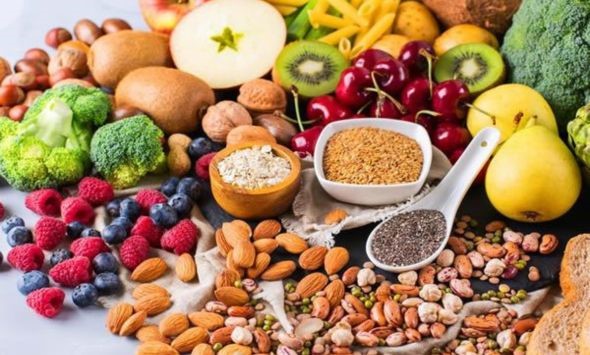The Impact of Nutrition on Bone Health
The Role of Nutrition in Bone Health
Good nutrition is vital for maintaining strong and healthy bones throughout life. What we eat directly affects bone density, strength, and overall bone health. A diet rich in essential nutrients supports bone development and helps prevent conditions like osteoporosis.
Essential Nutrients for Bone Health
Our bones, like all living tissues, constantly renew themselves and require a balanced intake of vital nutrients to stay strong.
- Calcium: Found in dairy products, leafy greens, and fortified foods, calcium is crucial for bone structure and strength.
- Vitamin D: Essential for calcium absorption, it can be obtained from sunlight and certain foods like fatty fish and fortified cereals.
- Protein: Supports bone and muscle health, with sources including lean meats, beans, and nuts.
- Vitamin K: Helps in bone mineralization and can be found in green leafy vegetables.
- Magnesium: Important for bone density and found in nuts, seeds, and whole grains.

Without these essential nutrients, our bones can become weaker, increasing the risk of fractures and osteoporosis. Including a diverse range of nutrient-rich foods in our diet helps maintain strong bones from childhood through adulthood, supporting lifelong bone health.
When to See a Doctor?
Consult a doctor if you experience:
- Constant bone pain or soreness
- Fractures from minor falls or bumps
- Height loss or bended posture
- Sudden back pain

Prioritize Your Bone Health with Dr. Rahul Khanna
For personalized guidance on maintaining optimal bone health, schedule a consultation with Dr. Rahul Khanna. Start prioritizing your bone health today for a stronger tomorrow.
Emergency?
24 Hour Ready
Call Us for Emergency
+91-9828501360
Book an Appointment
Seamless Fitness Care Access: Booking an Appointment with Your
Trusted Doctor
FAQ's
Around 1000- 1200 mg for adults.
Yes, through a balanced diet and regular exercise.
Fatty fish, like salmon, fortified milk, and sunlight exposure.
No, it can affect younger adults too, especially with poor nutrition.
They can be beneficial if dietary intake is not sufficient.